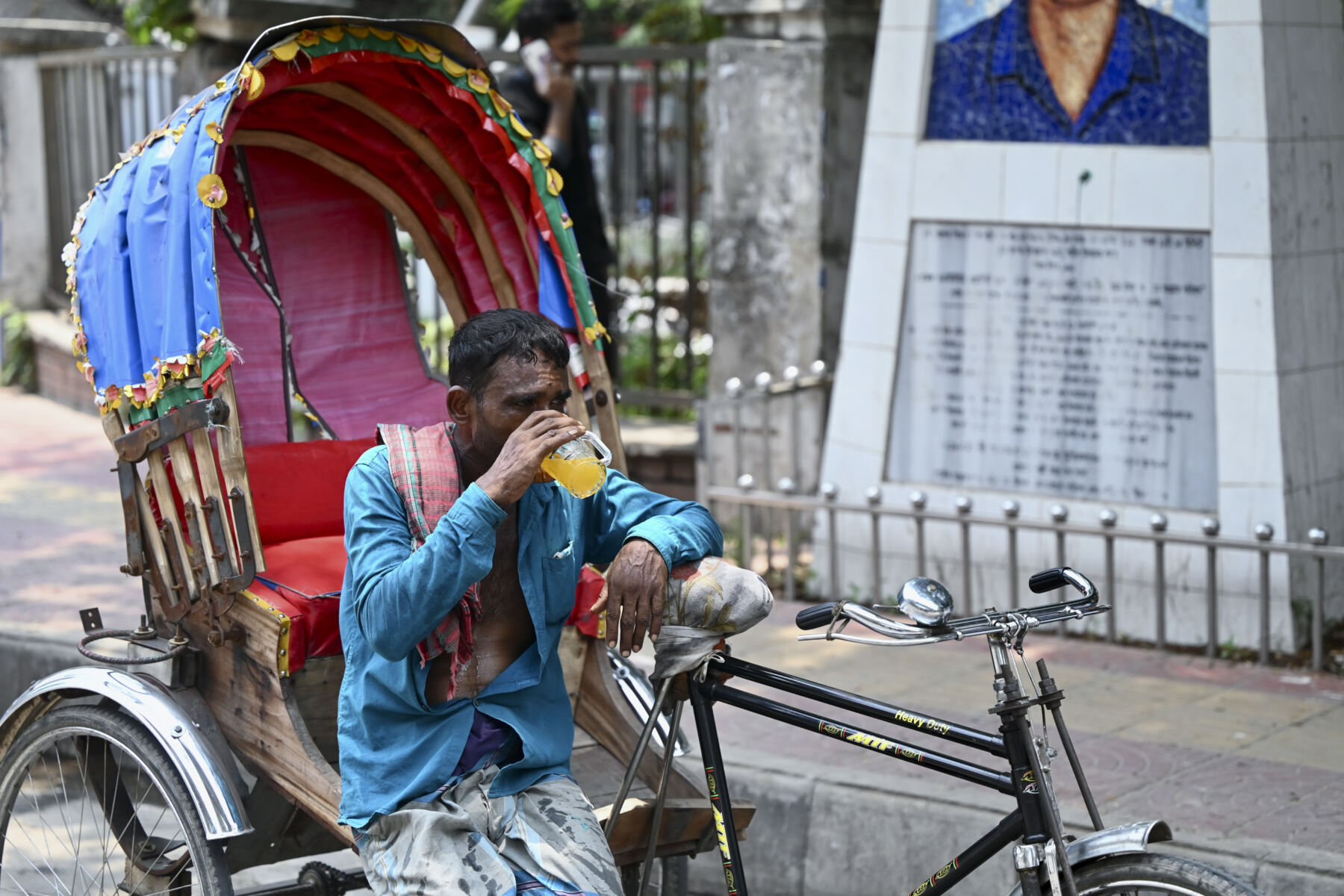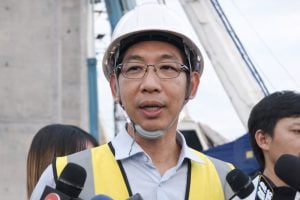Bangladesh suffers longest heatwave amidst crippling power crisis

Abdur Rahman, a rickshaw puller in Dhaka, Bangladesh, struggles to work under the blazing sun as the city experiences its longest heatwave in decades. Adding to the misery is a crippling power crisis, leaving Rahman and many others without electricity at night. The government has closed tens of thousands of primary and secondary schools due to soaring temperatures exceeding 40 degrees Celsius in Dhaka and 41 degrees Celsius in Rangpur – the highest since 1958.
Bangladesh Meteorological Department officials have not seen such a prolonged heatwave since the nation’s independence in 1971. The power crisis is further exacerbated by the suspension of operations at the country’s largest power plant due to a decline in foreign exchange reserves and the depreciation of the Bangladeshi taka by about 25% against the US dollar last year.
As a result, the South Asian nation of 170 million people is facing unprecedented load-shedding of about 2,500 megawatts, equivalent to what the country produced in the late 1990s. Prime Minister Sheikh Hasina acknowledged the people’s suffering and said the intense heatwave has only worsened the situation. The government has signed deals with Qatar and Oman to buy fuel and taken measures to import more coal.
Bangladesh’s industries, including the crucial ready-made garments (RMG) sector, which accounts for over 80% of its export earnings, have been hit hard by power outages. Factory owners say the crisis has raised their production costs and forced them to cut or delay output. Sazzad Hossain, an RMG company owner, told Al Jazeera that machines in his factory are silent for hours due to frequent power cuts.
Shamsul Alam, energy adviser to the Consumers Association of Bangladesh (CAB), said the power crisis will not be solved in the near future. He stated that the electricity crisis is not just due to the Ukraine war but also due to shortcomings in the government’s energy policy. “Our government should have opted for a better energy mix to reduce the dependency on a single fuel,” he said.
Latest Thailand News
Follow The Thaiger on Google News:
























